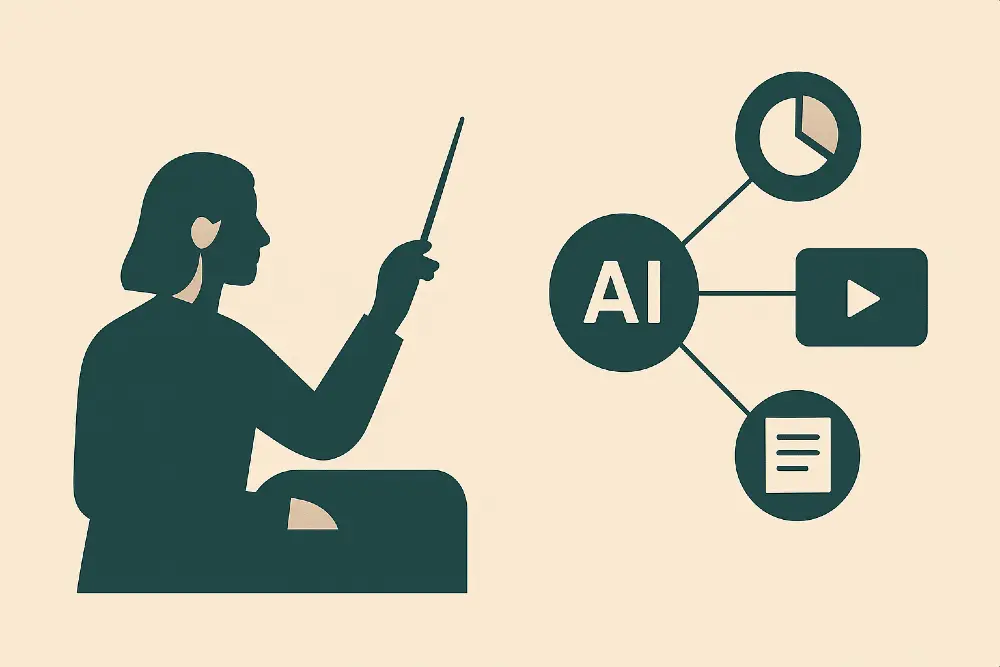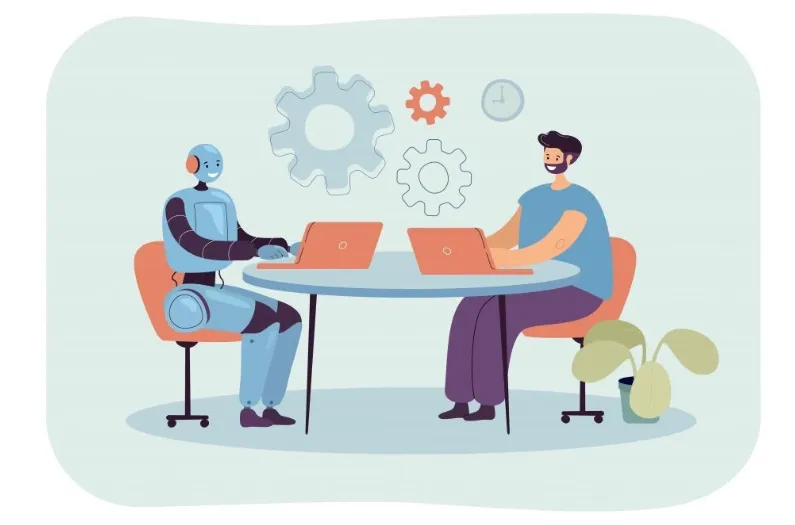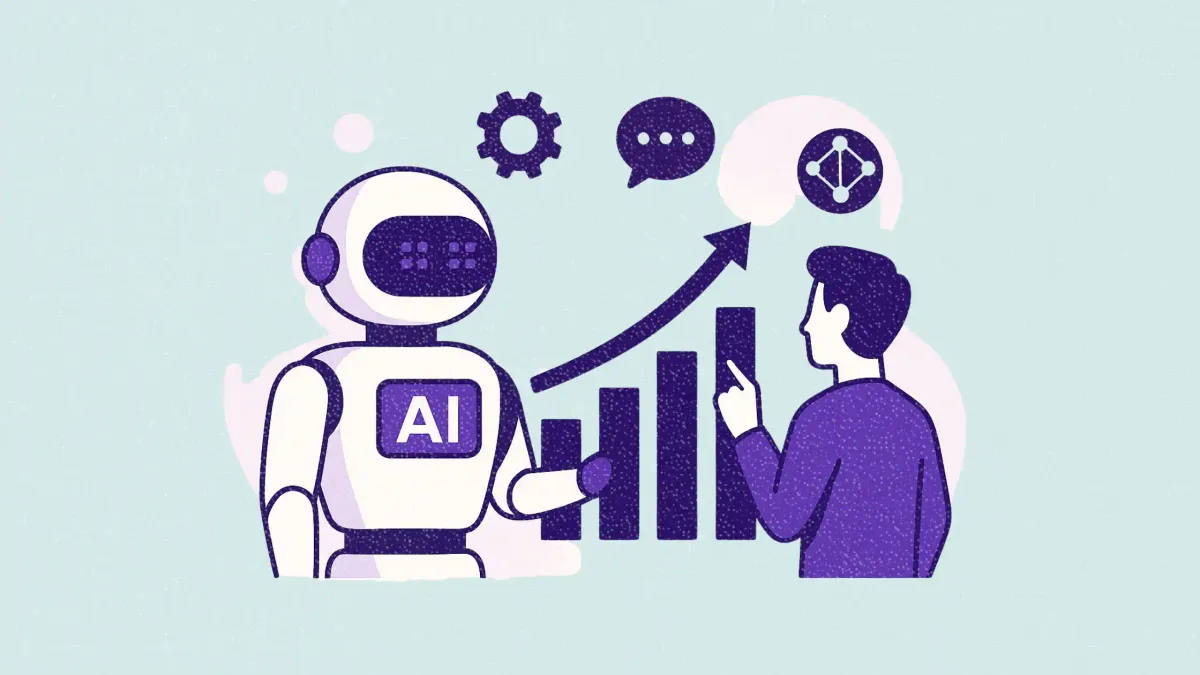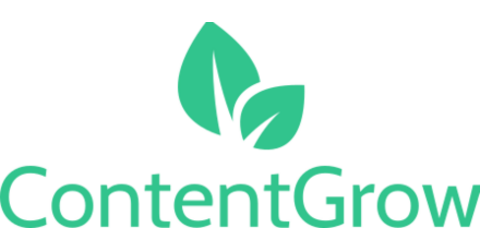Why marketing teams are becoming AI orchestrators instead of content creators
Marketing roles are shifting from hands-on creation to AI orchestration. How teams manage this transition in 2025.

Marketing is undergoing its biggest transformation since digital advertising. Capgemini reports that 71% of organizations expect their talent profiles to change within three years due to GenAI. This shift represents more than just adopting new tools—it's a complete reimagining of how marketing work gets done.
More than 75% of marketers worldwide integrate some form of AI into their online marketing activities, yet the real change isn't in the adoption statistics. It's in how roles are evolving from hands-on execution to strategic orchestration. Teams that once spent hours creating individual pieces of content are now managing AI systems that produce hundreds of variations in minutes.
This transformation is creating new career paths, eliminating traditional hierarchies, and fundamentally changing what it means to be a marketer in 2025. The most successful teams aren't just using AI tools—they're restructuring their entire operational model around human-AI collaboration.
The great role reversal: from creators to conductors
The traditional marketing team structure—with junior staff executing campaigns and seniors providing oversight—is collapsing under the weight of AI capabilities. Generative AI is shifting marketing teams from doing repetitive execution to orchestrating more strategic initiatives, fundamentally altering career progression and daily responsibilities.
Over half (51%) of marketing teams use AI to optimize content, while the second most popular use of AI in marketing is content creation. This represents a massive shift in how teams allocate their time and expertise. Tasks that once required entire days—writing blog posts, creating social media variations, developing email campaigns—now happen in minutes through AI tools.
The productivity gains are reshaping team economics. 86 percent of marketers report that AI saves them 1+ hours a day by streamlining creative tasks, while 75 percent of marketers say they use AI to reduce manual task time. These aren't marginal improvements—they're fundamental changes in how work gets distributed across teams.
For individual marketers, this shift requires developing entirely new skill sets. Rather than perfecting copywriting techniques or design software, professionals now need expertise in prompt engineering, AI tool selection, and output quality assessment. The marketer of 2025 spends more time configuring systems than creating from scratch.

The emergence of new marketing roles
As AI handles more execution, entirely new positions are emerging to manage the intersection between human strategy and automated production. Some orgs are also creating entirely new roles designed to operationalize AI with accountability, creativity and consistency across systems, according to recent MarTech research.
These roles reflect the complexity of managing AI at scale:
AI QA analysts ensure brand consistency and regulatory compliance across thousands of AI-generated assets. Their work involves developing testing frameworks that can catch subtle brand voice deviations or compliance issues that automated systems might miss.
Prompt librarians create and maintain the templates that drive consistent AI output across teams. They're building institutional knowledge around what prompts produce the best results for different use cases, audiences, and channels.
Marketing operations AI engineers architect the technical infrastructure that connects AI tools to existing marketing stacks. They ensure that AI-generated content flows seamlessly through approval processes, content management systems, and distribution channels.
These roles didn't exist three years ago. Today, they're becoming essential for teams serious about scaling AI beyond individual contributor experiments. The shift represents a new layer of specialization focused purely on maximizing AI productivity while maintaining human oversight.
Small teams, enterprise output: the new competitive landscape

The democratization of content creation through AI is fundamentally changing competitive dynamics. Teams that once needed dozens of people to produce comprehensive campaigns can now achieve similar output with a handful of strategically minded professionals and well-configured AI systems.
Katarzyna Haśnik's experience at Fehur illustrates this new reality. Her four-person team, building AI-powered financial wellness tools, leverages artificial intelligence across their entire marketing operation. "We use it to analyze uploaded data, including behavioral, psychological, and financial patterns," she explains. The technology also supports content creation, marketing tools, customer journeys, user flows, and user segmentation.
This efficiency enables small teams to compete directly with larger organizations. The traditional advantages of scale are becoming less relevant when AI can produce similar outputs.
The strategic implications extend beyond cost savings. Small teams often move faster because they have fewer approval layers and can pivot campaigns quickly based on AI-generated insights. "Right time, right people, right place, in the right order," as Katarzyna describes her team's approach to resource allocation and scaling decisions.
However, this democratization also intensifies competition. When every team has access to similar AI capabilities, differentiation shifts toward strategy, brand voice, and customer relationships rather than production capacity.

The human oversight imperative: where automation stops
Despite extensive automation, successful teams maintain rigorous human oversight over AI outputs. The most critical skills aren't technical—they're editorial, strategic, and deeply human. "AI is just a tool, not the truth," notes Katarzyna, emphasizing the importance of critical thinking in AI-driven workflows.
71.7% of non-adopters cite a lack of understanding as the main barrier to AI implementation, highlighting the knowledge gap that separates successful teams from those struggling with adoption. Understanding AI's limitations becomes as important as leveraging its capabilities.
Quality control processes are evolving beyond traditional editing. Teams now need systems for detecting AI-generated content that sounds artificial, ensures brand voice consistency across thousands of variations, and maintains regulatory compliance in automated outputs. "People can sense when something feels off," Katarzyna observes about customer reactions to over-automated content.
The most successful teams develop frameworks for deciding when to use AI versus when to rely purely on human creativity. Brand strategy, crisis communications, and high-stakes customer interactions typically require human judgment, while routine social media posts, email variations, and content optimization can be largely automated.
This balance requires marketing leaders to think differently about team structure and professional development. Instead of hiring more content creators, they're investing in people who can manage AI systems while maintaining the strategic and creative oversight that drives business results.
Looking ahead: the voice interface revolution
The current wave of AI adoption in marketing may seem transformative, but emerging technologies suggest even bigger changes ahead. The global Voice AI Agents market is projected to grow from $2.4 billion in 2024 to $47.5 billion by 2034, reflecting a robust 34.8% compound annual growth rate. Meanwhile, the broader conversational AI market alone is expected to reach $41.39 billion by 2030.
Katarzyna, drawing from her specialized training in Voice UI design, predicts a fundamental shift toward conversational marketing. "AI will push marketing towards real conversations using Voice AI. This is the future of marketing and AI SaaS products of any kind." Her prediction aligns with broader market trends showing that 97% of smartphone users already leverage AI-powered voice assistants.
Voice interfaces could further compress the skills gap between large and small teams. When customers can have natural language conversations with AI-powered brand representatives, the traditional advantages of large customer service operations diminish. Marketing becomes less about creating static content and more about training AI systems to represent brands authentically across countless individualized interactions.
This evolution suggests that today's shift toward AI orchestration is just the beginning. Teams that master human-AI collaboration in content creation are positioning themselves for the next wave of interface changes that could make traditional marketing channels less relevant.

Adapting to the orchestration model
The transition from content creation to AI orchestration requires both technical adaptation and cultural change. The goal isn't to replace people with AI, but to elevate the value of human work by shifting roles from task execution to orchestration, oversight and strategic input.
Teams making this transition successfully focus on developing new competencies rather than defending old ones. Instead of becoming better at writing individual blog posts, marketers are learning to create systems that produce hundreds of posts while maintaining brand consistency and strategic alignment.
The measurement frameworks are also evolving. Traditional metrics like content volume or campaign frequency become less meaningful when AI can produce unlimited variations. Success increasingly depends on strategic outcomes—customer engagement quality, brand perception changes, and business impact—rather than production quantities.
For marketing leaders, this shift requires rethinking hiring, professional development, and team structure. The most valuable team members aren't necessarily the best individual creators—they're the ones who can effectively combine human strategic thinking with AI capabilities to achieve business objectives.
The transformation from content creators to AI orchestrators represents more than a technological upgrade. It's a fundamental reimagining of how marketing work happens, what skills matter most, and how teams create competitive advantage in an AI-enabled world.





